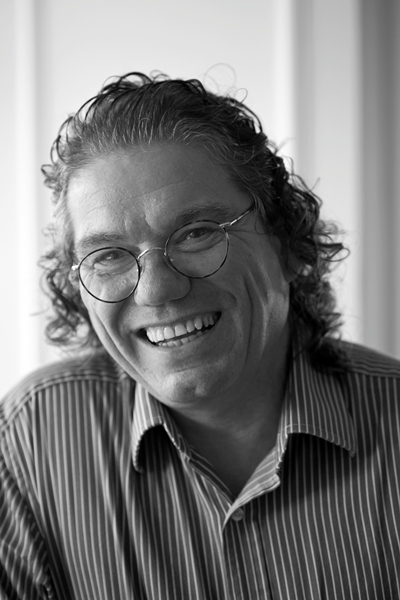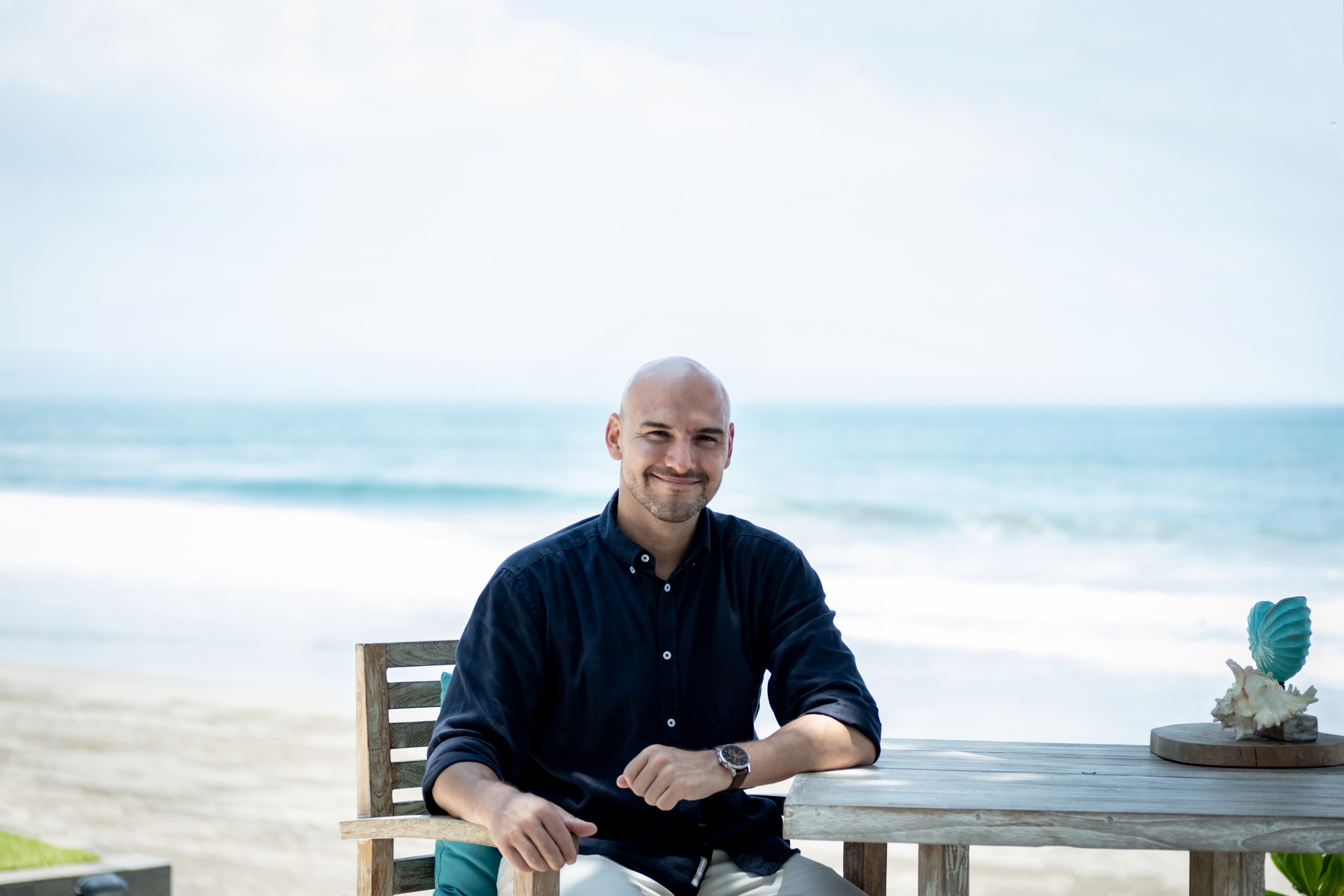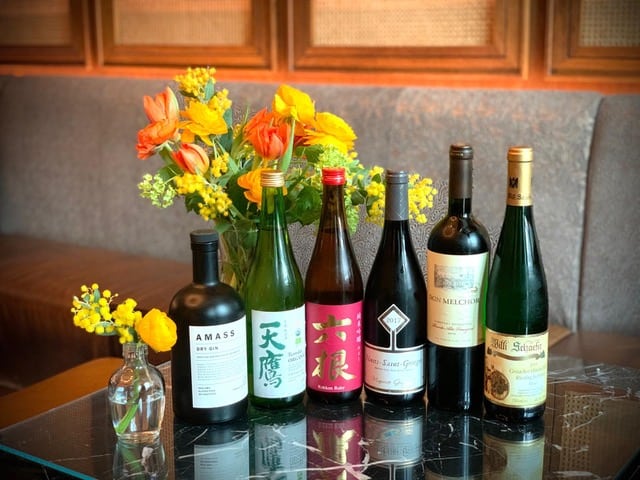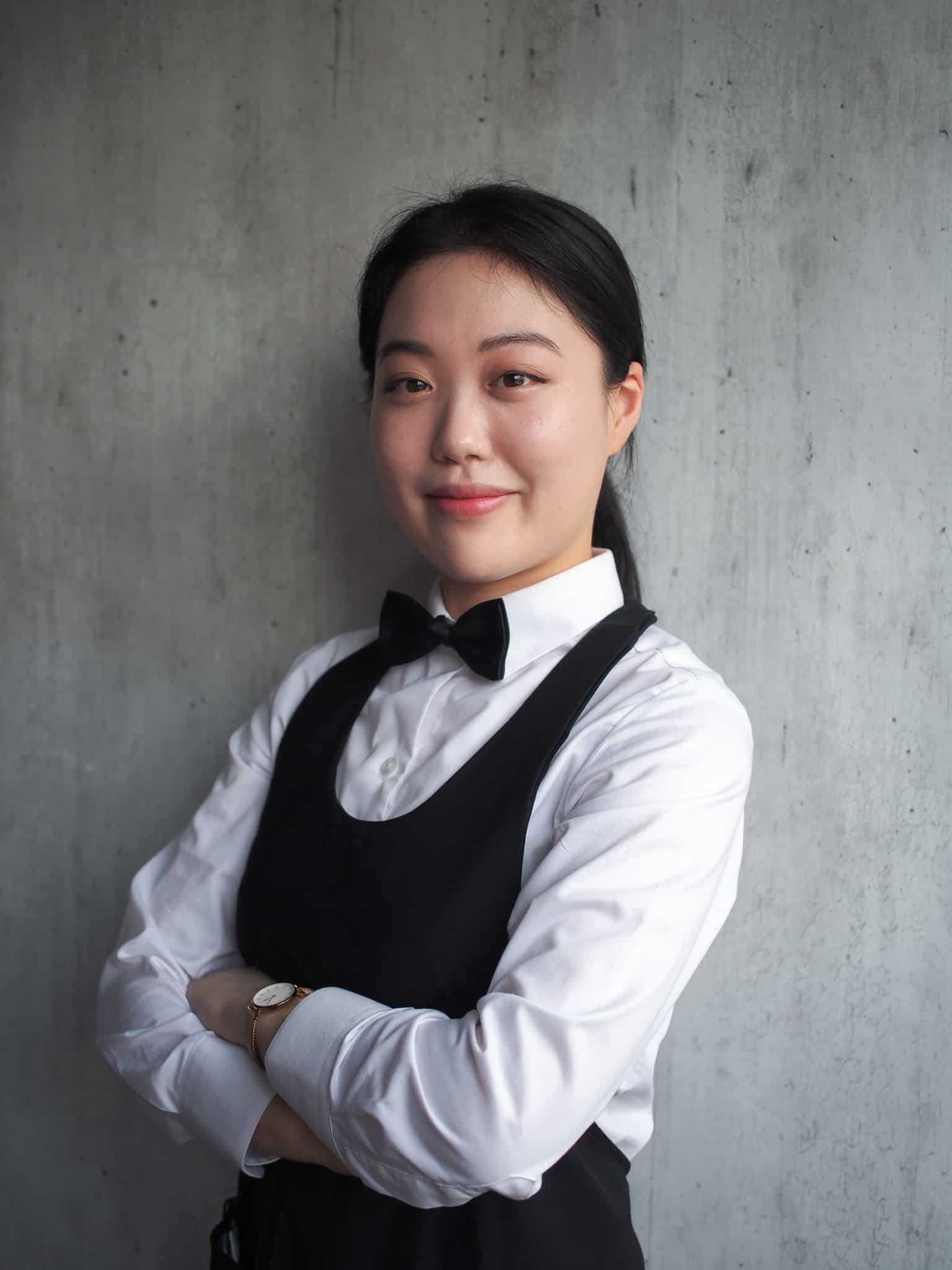Heart on his sleeve
Mosel-based winemaker Ernst Loosen has battled old dogmas and proven his critics wrong by making award-winning wines.

With his shaggy, curly hair, a toothy grin and sentences punctuated by hearty laughs, Ernst Loosen, 55, is one eccentric personality. He once dreamt of being an archaelogist. Having grown up in Mosel, he was fascinated by the Roman ruins in the region: an interest which led him to study archaeology. "Then I realised I could never get a job as an archaeologist in Germany." recalls the German. "There were just too few opportunities."
Fortunately for Ernst, he had wines to fall back on. In 1988, Ernst took over the family wine estate in Mosel, but not before completing studies at the Geisenheim Grape Breeding Institute. Hitherto, the estate was a peripheral business for his grandfather and father: the men had other main sources of income—the former was a director of an industrial plant, while the latter was a lawyer—and thus left much of the running of the winery to a team of vintners. Ernst, however, had full control when he came onboard.
PRECIOUS HEIRLOOM
Ernst gave up archaeology but he found his treasure in the vineyards he took over: rare 100-year-old ungrafted vines; plants that still had their original rootstocks. (When phylloxera wrecked Europe’s vineyards in the late 19th century, many vignerons starting grafting American rootstocks, which were resistant to the pest, onto their vitis vinifera or native European vines.) Phylloxera can’t live in the Mosel’s stony and rocky well-drained soils, making the region a paradise for wine buffs who think that pre-phylloxera or ungrafted vines offer the purest representation of terroir.
Yet, had Ernst’s grandfather and father not been “tight-fisted” in the 60s and 70s, he would have ended up with very different plots. In those days, many German estates were spending money to replant their old vines with new ones to encourage higher yields (older plants, while offering more complex and nuanced flavours, produce lower yields), but the Loosens did not jump onto the bandwagon, opting to keep their purse strings closed. “The school of thought back then was to have quantity over quality. In the 70s, consumers were not that educated [about wines] yet,” he says. “Wine was just something to accompany food—there weren’t ideas for making a great vino.” Even after he took over Dr. Loosen, the naysayers were convincing him to replant, but Ernst stuck to his beliefs.
Excerpt from the April 2013 issue of epicure
SHARE

















 SUBSCRIBE
SUBSCRIBE